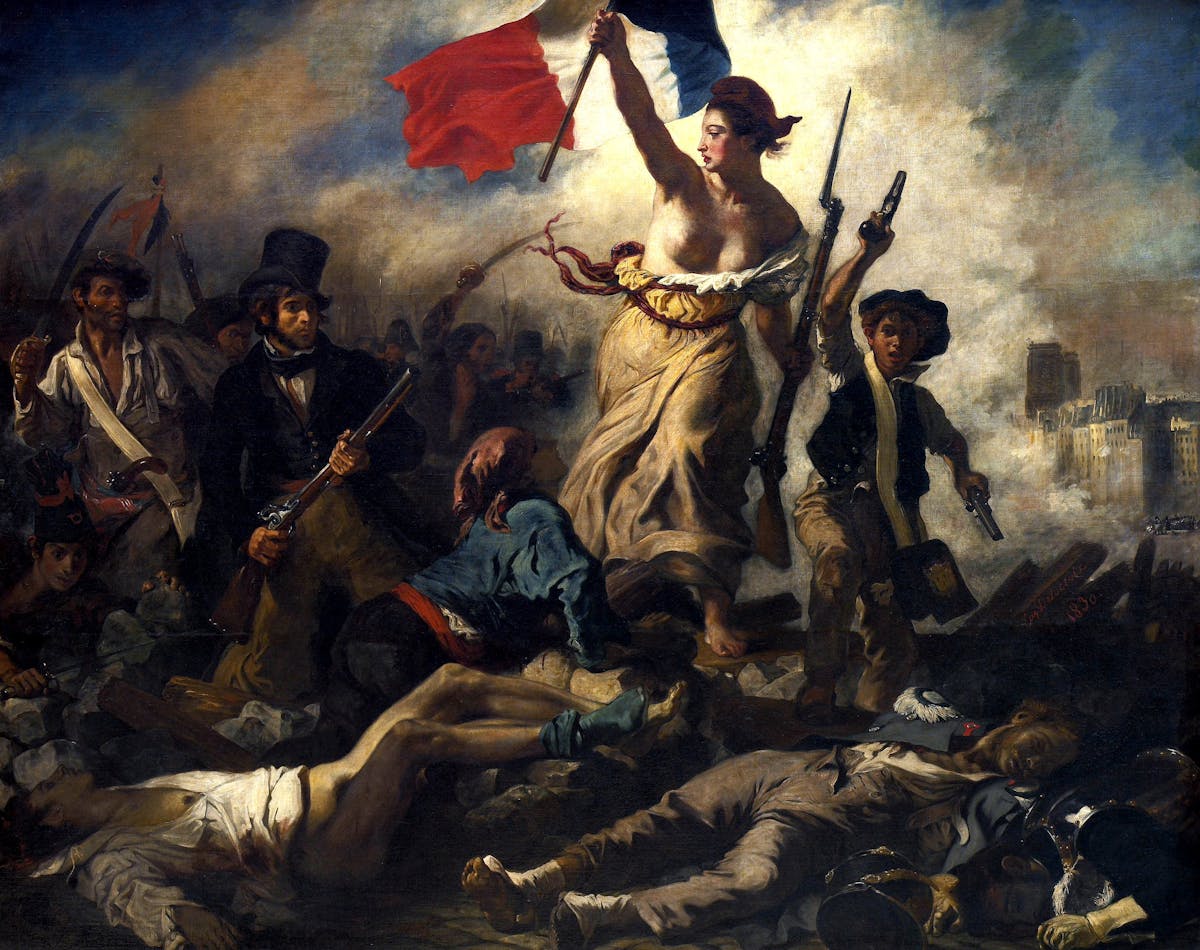Heretics of the Right and Left Call for a New Politics
As America slouches toward a presidential rematch, two new books cast for alternatives.

‘Tyranny, Inc.’
By Sohrab Ahmari
Forum Books, 288 pages
‘Liberalism Against Itself’
By Samuel Moyn
Yale University Press, 240 pages
“Tyranny, Inc.,” from the journalist Sohrab Ahmari, is an ideological centaur that could double as a preview of a brave new world in American politics. It aims to make visible a whole terrain of coercion and refocus attention away from the Leviathan of government and toward what Mr. Ahmari sees as pervasive bullying by private enterprise. Its concern is with arbitration agreements and private equity firms rather than government force.
“Liberalism Against Itself,” from the historian and law professor Samuel Moyn, is a cri de coeur against some of liberalism’s most revered lions — Isaiah Berlin, Hannah Arendt, Gertude Himmelfarb, and Lionel Trilling. It alleges that in the wake of the Holocaust and at the dawn of the Cold War, they blundered into a cramped liberalism that left the welfare state vulnerable to dismantling. Like Mr. Ahmari, Mr. Moyn wants a new politics.
The release of these books before a presidential election that appears as if it will pit the octogenarian president, Joseph Biden, against his predecessor, Donald Trump, indicted four times, suggests a hankering for fresh vistas. Mr. Ahmari, who edits a magazine, Compact, that bills itself as “radical,” envisions a working-class, populist, big-government conservatism. Mr. Moyn wants a return to the “emancipatory project” of pre-Cold War liberalism.
The simultaneous emergence of Messrs. Moyn and Ahmari’s books suggests that the intellectuals — or at least these two — have already moved on from current politics in search of what comes next. For Mr. Moyn, it is a liberalism liberated from “its own entanglements and mistakes.” For Mr. Ahmari, it is dismantling the “structural, class-based domination” erected by the “owners of capital” and the “asset rich.” He insists that “economic activity isn’t and shouldn’t be divorced from justice, fair play,” and a “decent political order.”
The liberalism of which Mr. Moyn dreams is characterized by its “commitment to the emancipation of our powers, the creation of the new as the highest life, and the acquisition of both in a story that connects our past and our future.” Mr. Ahmari targets the tyranny that “subjugates us not as citizens but as employees and consumers.” He calls consent a “fig leaf covering over the sheer power of private individuals and entities to coerce us.”
Befitting their differing perches — Mr. Ahmari needs to sell subscriptions, while Mr. Moyn is ensconced at Yale — the two books pursue divergent rhetorical strategies. Mr. Moyn’s delves into the heady terrain of political theory and intellectual history, building the case that “Cold War liberalism was a catastrophe” from intricate readings of thinkers like Karl Popper, Judith Shklar, and Jacob Talmon, who could be untrod ground to the average reader.
Mr. Ahmari pursues a different style, more reportage and anecdote than seminar room. His effort to describe how “private power crushed American liberty” wends through arbitration contracts, privatized ambulance services, the iniquities of private equity firms, the decay of local news, the inhumanity of employers, and the depredations of hedge funds. He denounces “byzantine schemes to extract value” and champions “ordinary people” by telling the story of their suffering under the oligarchs.
What do these two heretics want? Mr. Ahmari writes elsewhere of his desire for a “strong social-democratic state that defends community — local and national, familial and religious — against a libertine left and a libertarian right.” He ends “Tyranny, Inc.” by calling for “a labor market in which most sectors are unionized” and where the state takes a “far more active role in coordinating economic activity for the good of the whole community.”
Mr. Moyn, who criticizes Cold War liberals for their contrasting solicitude to Israel and skepticism of other postcolonial movements, strikingly asserts that “in an age when it is common to condemn Zionism, perhaps the deepest problem with Cold War liberalism is that it wasn’t Zionist enough.” By this he means attuned to the movement’s Romantic soul and Enlightenment mindset, its view of a redemption, secular perhaps, that could be effected in history.
“Liberalism Against Itself” is written from the left — Mr. Moyn takes every opportunity to ding neoliberalism and neoconservatism — but it possesses the polemical zest that can fizz only when a gifted polemicist turns his pen against his own side. “Tyranny, Inc.” shares that virtue of homing in on the vices of its author’s fellow travelers. They share a dissatisfaction with what Shakespeare called “unaccommodated man.”

